



Table of Contents
- Introduction
- Apricot Tree: Botanical Overview
- Growing an Apricot Tree: Conditions and Care
- Nutritional and Medicinal Benefits of Apricots
- Apricot Tree Facts
- Common Pests and Diseases
- Uses of Apricots
- Fun Facts About Apricot Trees
- Conclusion
- Faq's
Introduction
The apricot tree, scientifically known as Prunus armeniaca, is one of the most cherished fruit-bearing trees globally, admired for its juicy, nutrient-rich fruits. This deciduous tree, belonging to the Rosaceae family, holds historical and cultural significance, with its roots tracing back to Central Asia. Over centuries, it has become a staple in various cuisines and health regimens, owing to its unparalleled versatility and nutrient-packed produce.
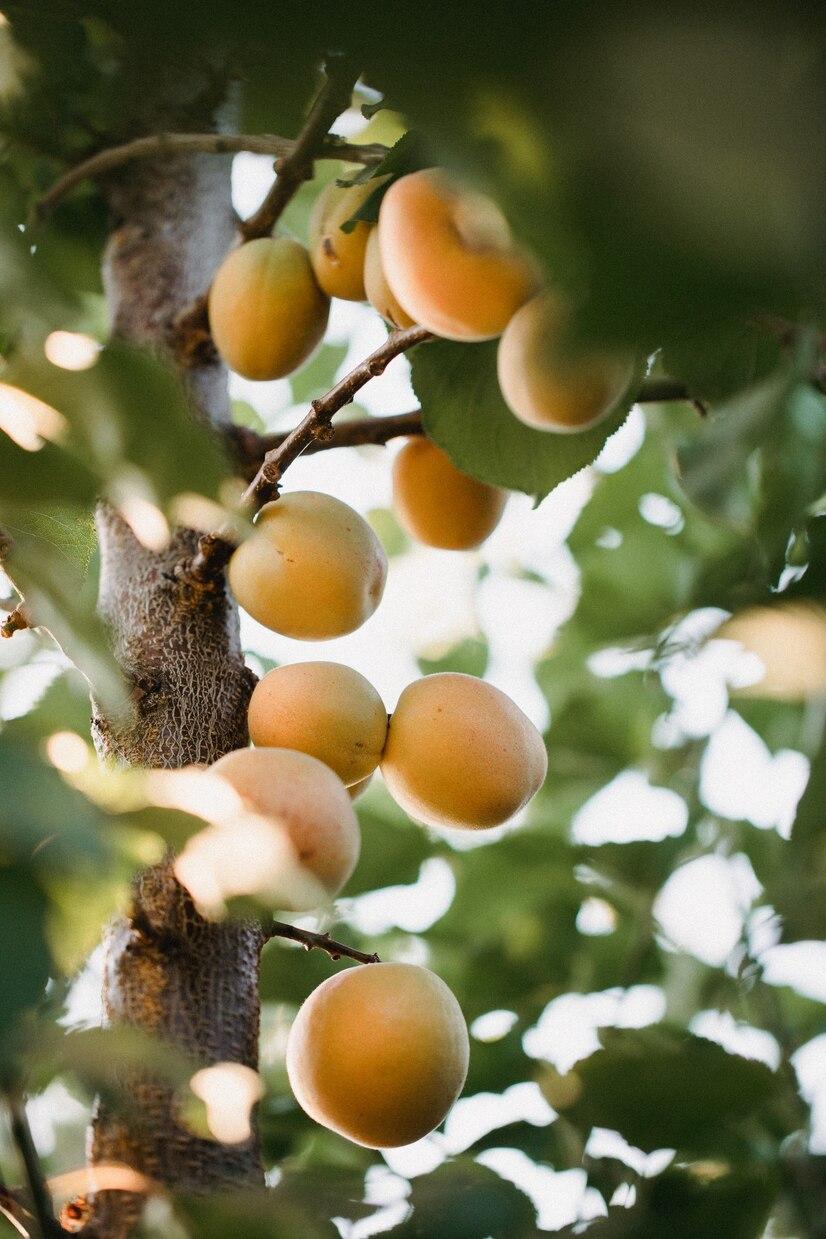 Apricot fruits on tree, Freepik
Apricot fruits on tree, Freepik
Apricots are more than just delicious fruits, they are a powerhouse of essential vitamins, minerals, and antioxidants, making them a popular choice for both culinary and medicinal purposes. From being eaten fresh or dried to being turned into jams, juices, or oils, apricots have found a place in countless dishes and products. Their golden-orange hue, combined with their sweet-tangy flavor, makes them a favorite across cultures.
This article delves into the fascinating world of apricot trees, covering everything from their growth requirements and care tips to their benefits and interesting trivia. Whether you're an aspiring gardener or simply a fruit enthusiast, this comprehensive guide will give you valuable insights into the cultivation, significance, and wonders of apricot trees.
Also Read: How To Grow And Care For The Kadamba Tree: A Comprehensive Guide
Apricot Tree: Botanical Overview
- Scientific Name: Prunus armeniaca
- Family: Rosaceae
- Type: Deciduous tree
- Lifespan: Up to 75 years under ideal conditions
- Height: Typically grows to 8-12 meters
- Fruit: Round to oblong, with velvety skin and sweet, tangy flesh
Growing an Apricot Tree: Conditions and Care
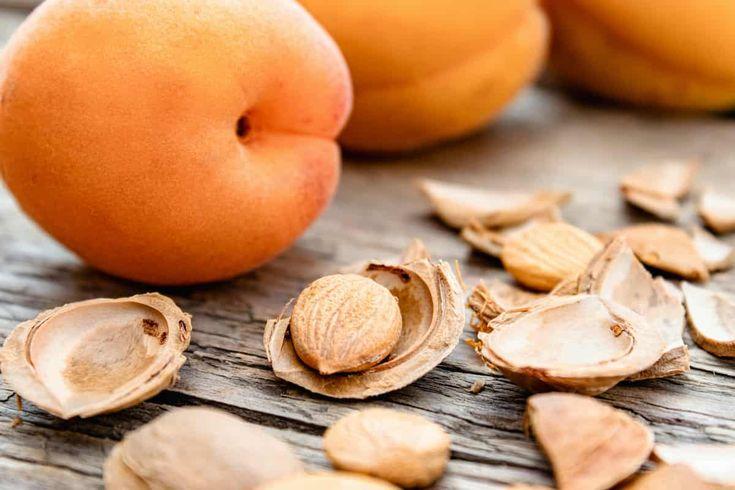 Growing Apricot, Pinterest
Growing Apricot, Pinterest
1. Climate Requirements
Apricot trees thrive in temperate climates with cold winters and warm, dry summers. They require a chilling period during dormancy to produce quality fruits.
2. Soil Preferences
- Well-drained, loamy soils are ideal.
- Soil pH: Slightly acidic to neutral (6.0-7.0).
3. Sunlight and Watering
- Sunlight: Full sun for at least 6-8 hours daily.
- Watering: Regular watering, especially during the growing season, but avoid overwatering to prevent root rot.
4. Pruning and Maintenance
- Prune during late winter or early spring.
- Remove dead or diseased branches to promote healthy growth.
Nutritional and Medicinal Benefits of Apricots
Apricots are not only a delightful fruit but also a powerhouse of nutrients and health benefits. Packed with vitamins, minerals, and bioactive compounds, they contribute significantly to overall health and wellness. Here's a closer look at their nutritional profile and the myriad of health benefits they offer.
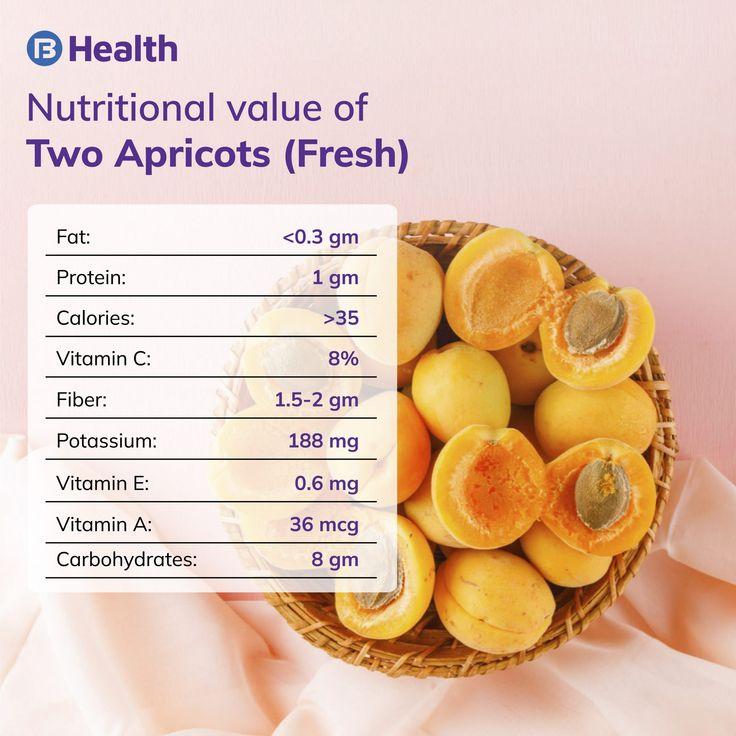 Nutritional Benefits of Apricot, Pinterest
Nutritional Benefits of Apricot, Pinterest
1. Rich Nutritional Profile
Apricots are a nutrient-dense fruit, offering a range of essential vitamins, minerals, and antioxidants while being low in calories. Here's what makes them a superfood:
- Vitamins:
- Vitamin A: Apricots are rich in beta-carotene, a precursor to vitamin A, essential for maintaining good vision, a robust immune system, and healthy skin.
- Vitamin C: Known for its antioxidant properties, vitamin C helps protect cells from damage, supports immune function, and aids collagen production for skin and tissue health.
- Dietary Fiber:
Apricots contain both soluble and insoluble fiber, which support digestive health, regulate blood sugar levels, and promote a feeling of fullness, aiding in weight management. - Antioxidants:
The fruit is packed with antioxidants like flavonoids and polyphenols, which combat oxidative stress and reduce the risk of chronic diseases. - Minerals:
- Potassium: Essential for maintaining fluid balance, potassium supports heart health by regulating blood pressure and reducing the risk of stroke.
- Iron and Copper: These minerals aid in the production of hemoglobin, improving oxygen transportation in the body.
- Beta-Carotene:
This pigment not only gives apricots their vibrant orange color but also acts as a potent antioxidant that protects against free radical damage.
2. Health Benefits of Apricots
The combination of nutrients in apricots offers a wide array of health advantages, making them a valuable addition to any diet:
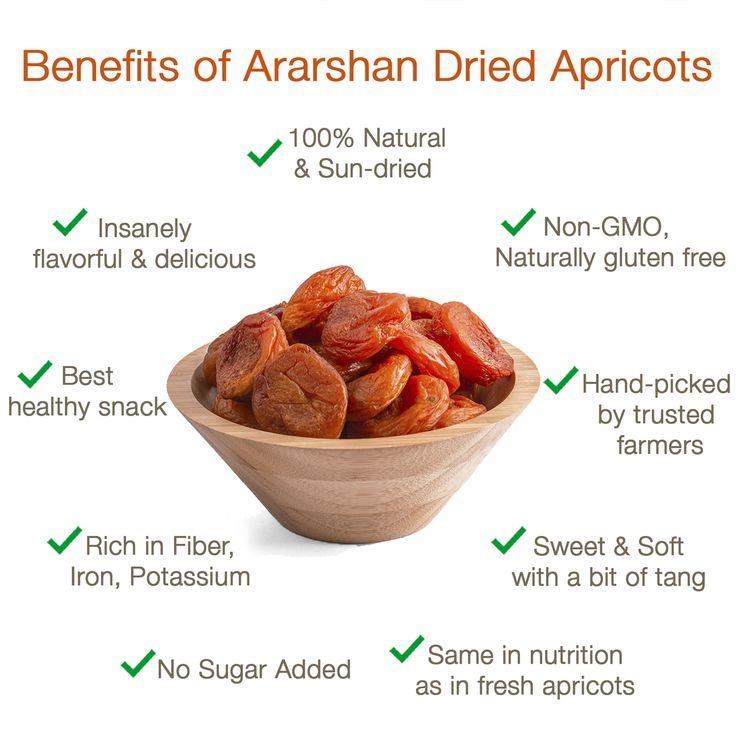 Health benefits of Apricot, Pinterest
Health benefits of Apricot, Pinterest
Boosts Immunity
Apricots are loaded with vitamin C and other antioxidants, which strengthen the immune system by protecting cells from damage caused by free radicals. Regular consumption can help the body fend off infections and diseases.
Improves Digestion
The high fiber content in apricots promotes healthy digestion by adding bulk to stool and supporting regular bowel movements. Soluble fiber helps nourish beneficial gut bacteria, enhancing gut health and nutrient absorption.
Supports Skin Health
The beta-carotene in apricots is converted to vitamin A in the body, which is crucial for maintaining healthy, glowing skin. Additionally, vitamin E and other antioxidants protect the skin from sun damage and premature aging.
Promotes Heart Health
Potassium in apricots plays a vital role in regulating blood pressure by balancing sodium levels in the body. It also helps maintain healthy muscle contractions, including the heart, reducing the risk of cardiovascular diseases.
Protects Eye Health
Beta-carotene, along with lutein and zeaxanthin (other carotenoids found in apricots), supports eye health by protecting the retina from oxidative damage. Regular consumption of apricots can help reduce the risk of macular degeneration and cataracts.
Aids Weight Management
Low in calories but rich in fiber, apricots are an excellent choice for those looking to manage their weight. They provide a feeling of satiety, preventing overeating while supplying essential nutrients.
Strengthens Bones
Apricots contain calcium, phosphorus, and magnesium, minerals that are essential for maintaining strong and healthy bones. Regular consumption can help prevent conditions like osteoporosis.
Reduces Inflammation
The antioxidants and polyphenols in apricots have anti-inflammatory properties that can help alleviate symptoms of chronic inflammatory conditions such as arthritis.
Supports Blood Health
Apricots are a good source of iron, especially in dried form. Iron is essential for preventing anemia by aiding in the production of red blood cells. Pairing apricots with vitamin C-rich foods can enhance iron absorption.
Detoxifies the Body
The combination of dietary fiber, antioxidants, and hydration (from fresh apricots) supports the body's natural detoxification processes by promoting regular elimination of toxins.
How to Include Apricots in Your Diet
- Fresh: Eat them as a snack or add them to salads and yogurt.
- Dried: A convenient option, dried apricots retain most of their nutrients and can be enjoyed on the go.
- Culinary Uses: Use apricots to prepare jams, sauces, desserts, or savory dishes.
- Beverages: Apricot juice or smoothies can provide a refreshing way to enjoy their benefits.
By incorporating apricots into your diet, you can enjoy their delicious taste and numerous health benefits. Whether fresh or dried, they are a versatile and nutrient-rich fruit that promotes overall wellness.
Apricot Tree Facts
Historical Roots
The apricot tree, scientifically known as Prunus armeniaca, is often believed to have originated in Armenia, where it is deeply embedded in local culture and history. However, archaeological evidence suggests that the tree's earliest cultivation dates back to ancient China over 4,000 years ago. From there, it spread along the Silk Road, becoming a staple in Central Asian and Mediterranean regions. Today, apricots are celebrated globally for their rich history and delicious fruits.
Longevity
Apricot trees are known for their impressive lifespan, with mature trees capable of producing fruit for 20-30 years under optimal conditions. With proper care, including pruning, fertilization, and disease prevention, these trees can remain productive for decades, making them a valuable addition to orchards and home gardens. Their longevity is a testament to their resilience and adaptability in various climates.
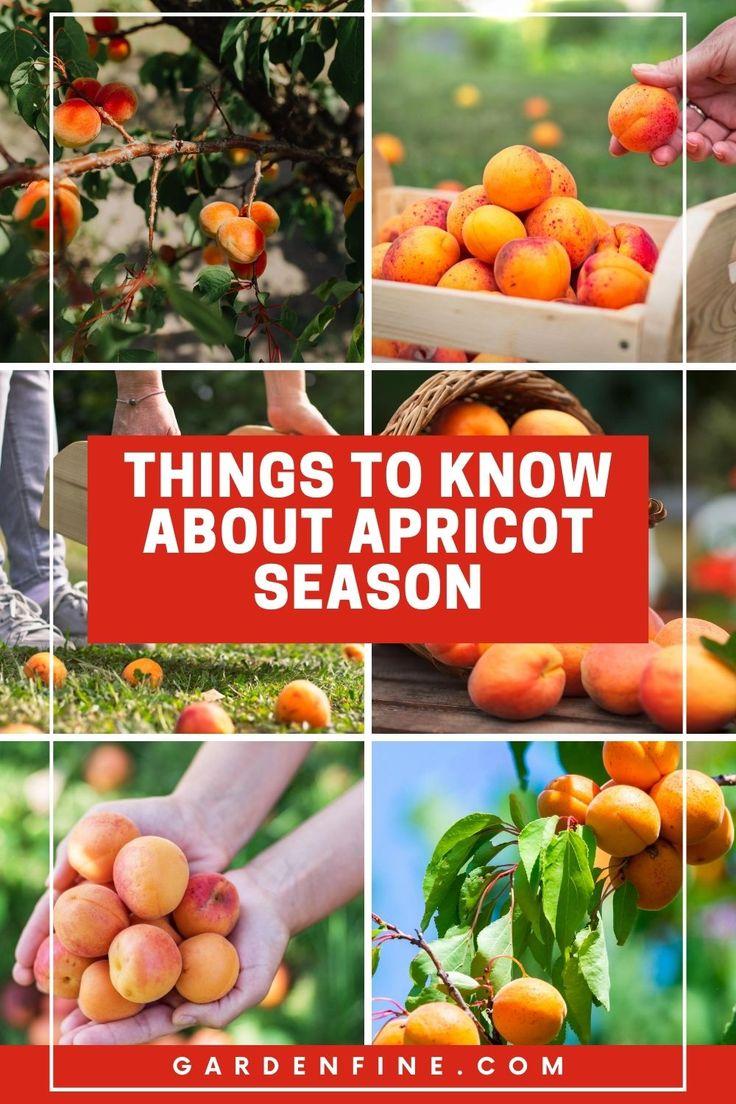 Apricot Tree Facts, Pinterest
Apricot Tree Facts, Pinterest
Cultural Significance
In many cultures, apricot trees symbolize love, fertility, and prosperity. Ancient civilizations, including the Greeks and Romans, revered the tree for its golden fruits, often associating it with the sun's energy and life-giving properties. In Armenia, the apricot is considered a national treasure, featuring prominently in folklore, art, and even on the country's emblem. Its cultural significance transcends time, remaining a symbol of abundance and vitality.
Pollination
While most apricot trees are self-pollinating, meaning they can set fruit without the need for another tree, cross-pollination often results in higher yields and better-quality fruits. Bees play a crucial role in this process, transferring pollen between flowers. Planting different apricot varieties close together can enhance fruit production, especially in larger orchards. This natural pollination system ensures sustainable and consistent harvests year after year.
Drought Tolerance
Once established, apricot trees are remarkably drought-tolerant, making them suitable for regions with limited water resources. Their deep root systems allow them to access underground water, enabling them to survive dry spells. However, consistent watering during the early years of growth is crucial for developing this resilience. This adaptability makes apricot trees a popular choice in arid and semi-arid climates where other fruit trees may struggle.
Common Pests and Diseases
- Pests: Aphids, mites, and borers.
- Diseases: Powdery mildew, bacterial canker, and root rot.
Preventive Measures
- Use organic pesticides.
- Ensure proper spacing for air circulation.
- Regularly inspect the tree for signs of pests or diseases.
Uses of Apricots
Culinary
Apricots are incredibly versatile in the culinary world, enjoyed both fresh and dried. Their sweet and tangy flavor makes them a popular ingredient in a variety of dishes, from jams and preserves to pies and tarts. Dried apricots are a convenient snack packed with nutrients, while fresh apricots are often added to salads or used as toppings for yogurt and cereals. Additionally, apricots are widely used to make juices, sauces, and chutneys, as well as in savory dishes like roasted meats and stews, where their natural sweetness complements the flavors beautifully.
Medicinal
In traditional medicine, apricot kernel oil holds a special place due to its therapeutic properties. Extracted from the seeds of apricots, the oil is rich in vitamins E and A, as well as fatty acids, making it effective for treating skin conditions like dryness and irritation. In some cultures, it is believed to have anti-inflammatory and immune-boosting properties, often used as a remedy for respiratory issues and digestive ailments. Additionally, certain compounds in apricot kernels are being studied for their potential health benefits, although they should be consumed with caution due to the presence of amygdalin.
Cosmetic
The hydrating and nourishing properties of apricots make them a sought-after ingredient in the cosmetic industry. Apricot kernel oil is widely used in skincare products, including lotions, creams, and serums, thanks to its ability to deeply moisturize and soften the skin. Its lightweight texture allows it to be easily absorbed, making it ideal for sensitive and dry skin. Rich in antioxidants and vitamins, apricot extracts help improve skin elasticity, reduce signs of aging, and protect against environmental damage, making them a natural choice for promoting healthy, radiant skin.
Fun Facts About Apricot Trees
Apricots Were Called "Golden Eggs of the Sun" by Ancient Greeks
The ancient Greeks had a poetic admiration for apricots, referring to them as "golden eggs of the sun." This nickname stemmed from the fruit's vibrant orange hue, which resembled the glowing sun, and its sweet, rich flavor. The Greeks associated apricots with vitality and abundance, believing them to be a gift from the gods. This reverence for apricots has been passed down through generations, making them a symbol of natural beauty and prosperity in Mediterranean cultures.
Turkey is the Largest Producer of Apricots Globally
Turkey holds the distinction of being the world's largest producer of apricots, contributing to nearly 20% of global production. The country's Malatya region is particularly renowned for its high-quality apricots, many of which are dried and exported worldwide. Turkish apricots are prized for their sweetness, texture, and nutritional value, with the country playing a key role in meeting the international demand for both fresh and dried varieties.
The Wood of Apricot Trees is Used to Make Musical Instruments
Beyond their fruit, apricot trees have another fascinating use, their wood is often crafted into musical instruments. Known for its density and fine grain, apricot wood produces a resonant sound, making it an excellent choice for traditional instruments like flutes, lutes, and oud. In regions such as the Middle East and Central Asia, apricot wood is cherished for its durability and acoustic properties, further showcasing the tree's versatility and cultural significance.
Conclusion
The apricot tree is not just a source of delicious fruits but also a symbol of natural beauty and cultural richness. Whether you're a gardener, a health enthusiast, or a fruit lover, the apricot tree has something to offer. With proper care and attention, this versatile tree can thrive and provide abundant yields for years.
explore further
Latest from Contemporary ideas
More from Innovations
Resources
Dwello, for every home buyer, is a way to go from 'I feel' to 'I know', at no extra cost.




